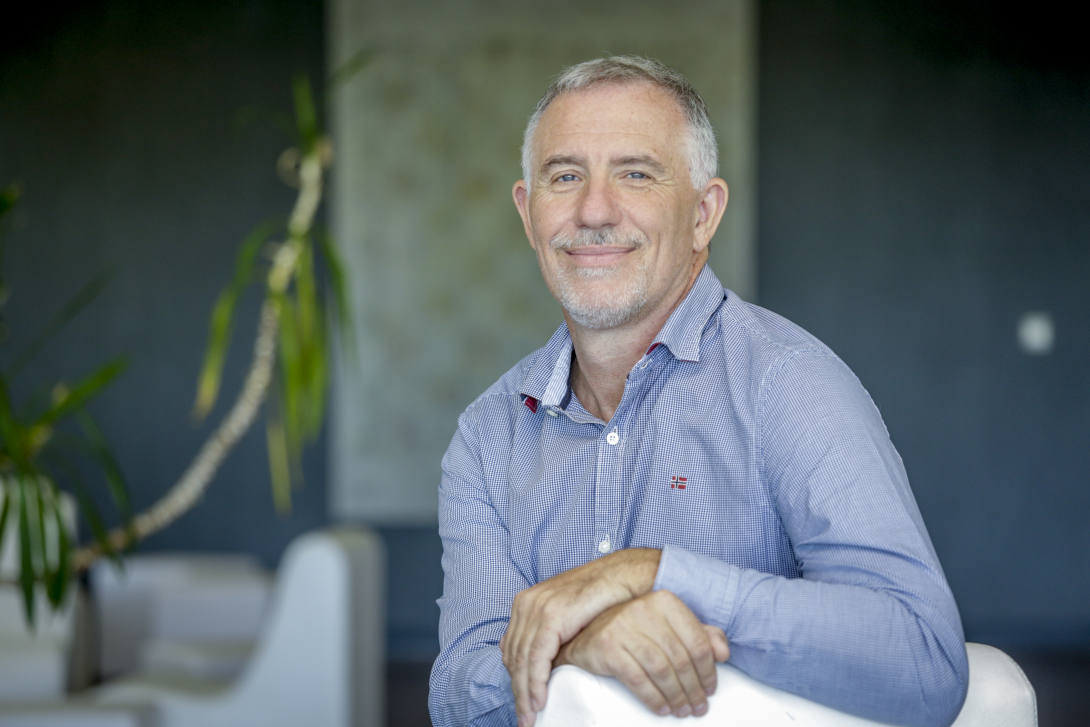Philippe Pierre
Philippe Pierre is an international leader in dendritic cell biology and innate immunity research. During his PhD at the EMBL (Heidelberg, Germany), his research focused on the characterization of the microtubule-binding protein CLIP-170. After a post-doctoral research period at Yale University School of Medicine (USA), he focused on MHC II-restricted antigen presentation and immune response. In 2000, he created his laboratory at the Centre d’Immunologie de Marseille-Luminy (France) focused on the cell biology of dendritic cell activation with projects studying proteolysis, membrane trafficking, stress pathways, autophagy and microbial detection, while initiating a systemic analysis using genomic and proteomic technology. The team was first to demonstrate the importance of the ubiquitin ligase MARCH1 and the small RNA miR-155 in controlling DCs activation. The observation that regulation of mRNA translation and induction of stress pathways are central to DC function, motivated its most recent work on the role of the integrated stress pathway during microbial detection by DCs. The laboratory has also developed new technologies to monitor protein synthesis and energy metabolism by flow cytometry that are now used worldwide. Dr. Pierre has published over 120 articles in peer-reviewed journals (including Nature, Cell, Immunity, EMBO J., PNAS, Nature Com, Cell Metabolism).
Philippe Pierre received the "Jean-Marie Legoff 2015 Prize" for molecular immunology from the French Academy of Sciences. He was the director of the CIML until 2024 and is professor-adjunct of the University of Aveiro (IBiMED, Portugal) and the Shanghai Institute of Immunology (SII, PRC).
Seminar topic: Functional consequences of endo-lysosomes mispositioning in phagocytes: A RUFY3/4 story!
